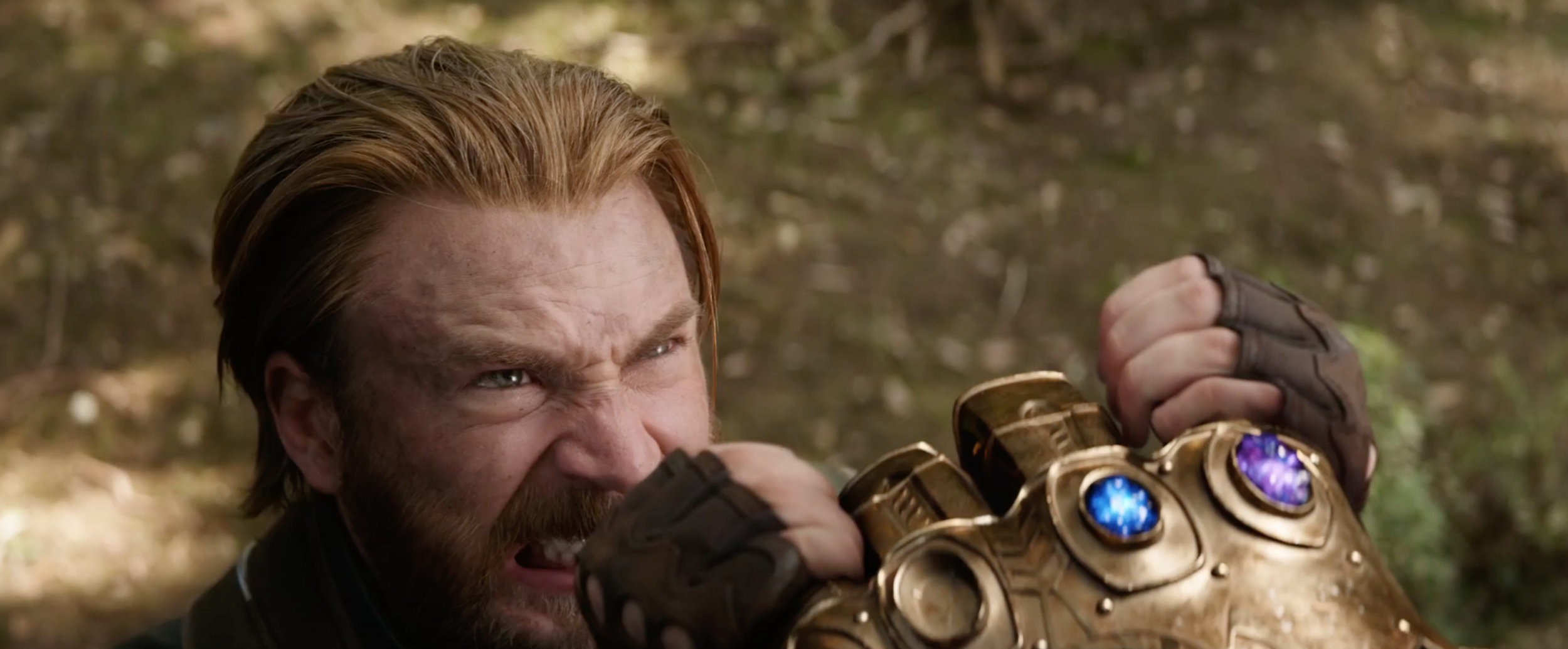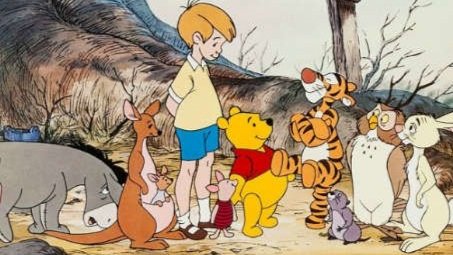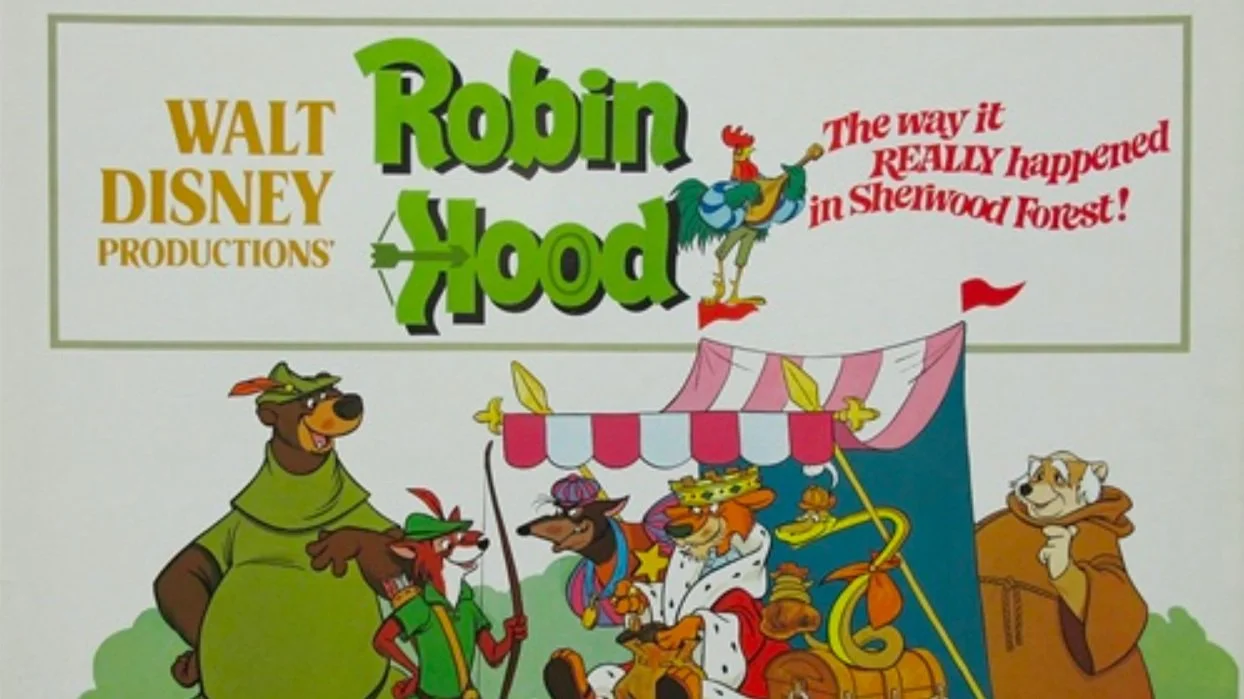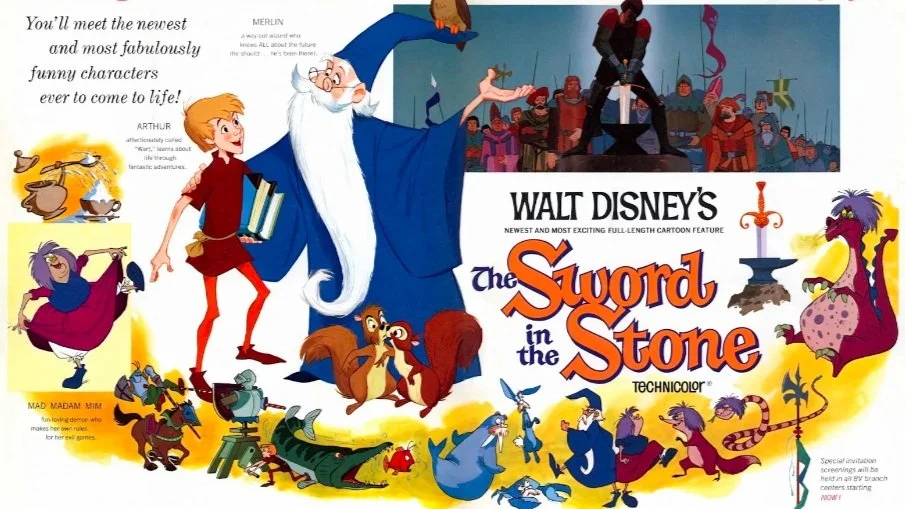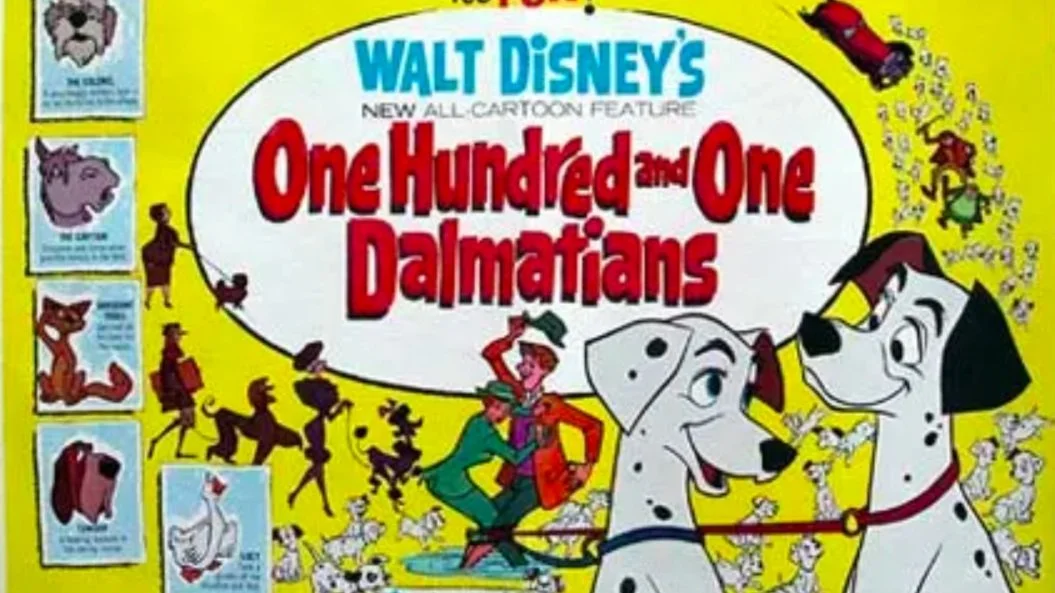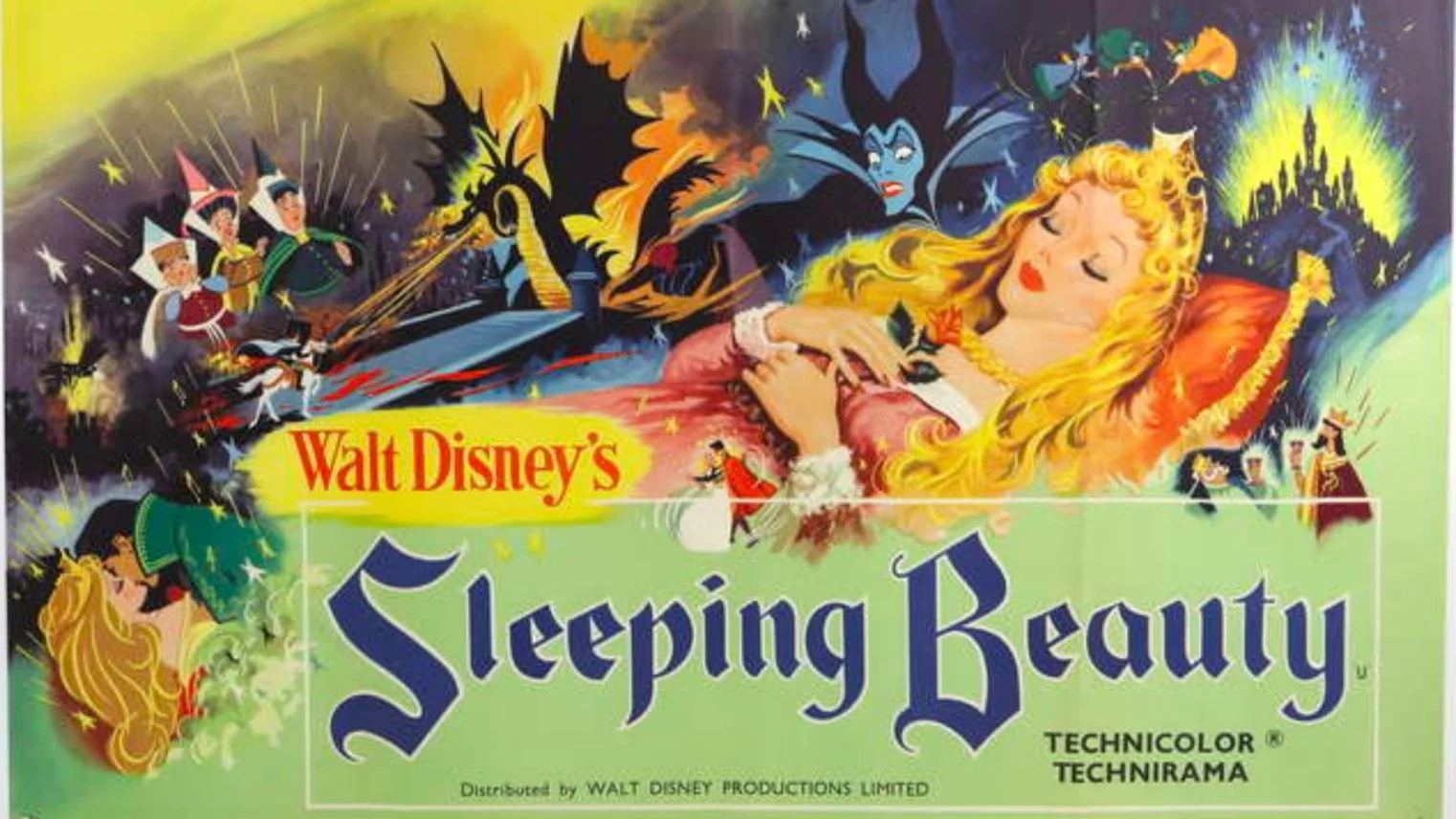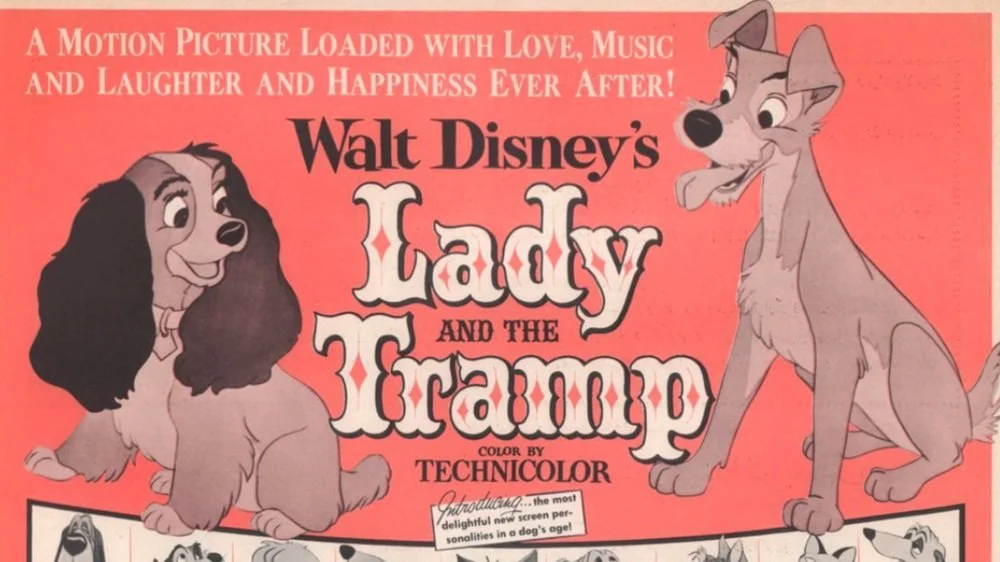On Screen Projection: Captain America and Perseverance
Welcome to On Screen Projection. In this column, we will analyze your favorite films and characters through a psychological lens. Psychology is, after all, at its simplest, the study of humans, specifically the mind. And every movie (pretty much) focuses on human behavior. So, that means that every movie is fair game for this column. Don’t worry about anything flying over your head, the goal here is to make psychology accessible for everyone through our favorite thing, movies! And in the first edition of this column, I will prove to you, reader, that we can bring psychology in to all kinds of movies, not just cinephile fodder. Of course, the big release this week is Avengers: Infinity War, so let’s take advantage of this and take a look at my favorite Avenger.
Instead of looking at a particular movie in the gigantic Marvel Cinematic Universe, it makes more sense to look at one character’s growth over these many iterations. This time, that character is Captain America. There are many complaints one can have about Steve Rogers. The most common of which is the fact that he is the “boy scout” who almost always does the right thing. But a combination of solid scripts making these choices interesting and the stunningly great casting of Chris Evans (who is basically Cap in real life at this point) have led this character down new and interesting avenues from his introduction and on.
Now, what defines Steve Rogers? The simplest answer is probably his status as a 'Man Out of Time'. But that is arguable. What truly defines him is who he was before taking the Super Soldier serum. He is just a kid from Brooklyn who refuses to give up or give in, especially to bullies. In psychological terms, this is perseverance. And Steve, regardless of his size or status, always perseveres. It has practically become his personal tagline, “I can do this all day.”
In 2007, a study on individual differences (aside from academic talent) which affect success in higher education was performed. This study looked at intelligence in several different populations, including Ivy League undergraduates, cadets at West Point Academy, and ranking in the National Spelling Bee. Although this study did not show that perseverance equals success, it did find that there is an effect. Specifically, in simple English, perseverance accounted for 4% of the chances of success. Now, that may not sound like a huge amount, but trust me, 4% can make a world of difference if you are on the edge of success and failure. And really, every good protagonist is on that razor’s edge in any great story.
Ok, back to the movies. This will mainly focus on the Captain America films, as opposed to the Avengers, as there is a lot more room for character development in his own stories. In his first appearance, Captain America: The First Avenger, Steve fights against impossible odds on a few different levels. Pre-serum, Steve not only gets in a fight that is ill advised, but also fights harder, and smarter than every other soldier just to succeed by the skin of his teeth. Post-serum, he is still not allowed to perform to his full potential. Despite his status as Marvel’s resident boy scout, Steve goes and disobeys his superiors to save American soldiers. This is a prime example of Steve’s moral compass guiding him, even into terrifying danger and against direct orders.
In many ways, Steve's arc in Captain America: The Winter Soldier has perseverance meet what may be its toughest challenge, his best friend Bucky Barnes. Not only does he have to come to grips with the fact that Bucky is back from the dead, but also a villain in the form of the Winter Soldier. His ability to fight Bucky and have empathy for the torture that he has faced is what makes Cap who he is deep down. He does what he must, and stays true to his own core. He knows that he must stop the Winter Soldier, but he keeps a sliver of hope in his heart for Bucky to come back to in the end. Plus, he sheds his boy scout nature once again by telling Nick Fury how wrong he is in his goal of protecting the public. Despite making some difficult choices as a soldier, Steve never loses sight of the right thing to do. In response, he tells Fury about his preemptive measures that “This isn’t freedom, this is fear.” Although Fury’s heart may be in the right place, Cap always knows the difference between the easy choice and the right one.
Speaking of difficult choices, now we come to Captain America: Civil War. Even leading up to its release, the discussion was whether we were Team Cap or Team Iron Man. This may have been the first time in the MCU that there was a question as to whether Cap was making the right choice. But even if you were Team Iron Man, this choice fits with Captain America. Freedom has always been paramount to him, and he will persevere against any odds put in front of him, even if those odds are his comrades-in-arms. Although his choices lead to not only the fracturing of the Avengers, but the loss of friendships as well, Steve perseveres and believes that he is doing the right thing.
And now we come to Infinity War. Even in the trailer, Captain America is persevering against impossible odds. He is seen buckling slowly under the force of Thanos’s fist, and that should worry every one of us who roots for Cap. He of course will not give up, unless he no longer has a choice to make. This may be Captain America’s end, as hard as that is to stomach. But if he were to go, he would certainly give every last ounce of his strength to save even one person. Steve Rogers, of course, has responsibility to the human race, but it is always his choice to persevere. After all, just as he told us, “The price of freedom is high, it always has been. But it’s a price I’m willing to pay. And if I’m the only one then so be it, I’m willing to bet I’m not.”




